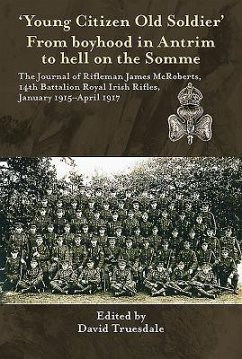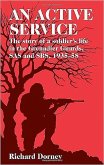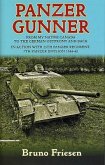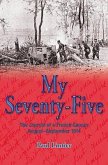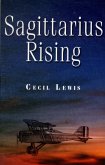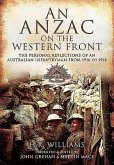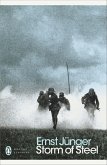For almost 43 years three school notebooks lay in obscurity in the County Armagh home of sixty two-year old James McRoberts. The closely-filled pages recorded just over two years in his life in uniform as he played his part in what was then known as the Great War. During the Home Rule crisis of 1914, one of several in Ireland's history, James McRoberts, like many other men, joined the Young Citizen Volunteers, an organization that eventually became the 14th Royal Irish Rifles, a battalion of the 36th (Ulster) Division. These notebooks, written at the time and with footnotes added some forty years later, record his Army service between 8 January 1915 and 3 April 1917. They tell, with remarkable immediacy, of his time at Randalstown, County Antrim and the move to Seaford in East Sussex. From here, after further training, James moved with his Battalion to the trenches of the Western Front. Written with a degree of humor and some detail his story covers the mundane routine of camp life, recreation behind the lines, the horrors of enemy shelling, the deaths of good friends and the momentous events of 1 July 1916 on the Somme, when his unit was in the thick of the action. On 1 November 1917, while acting as a scout for a night patrol at Messines Ridge, James was seriously wounded and evacuated to hospital - for him the War was over. Nevertheless, he continued to record what was happening around him both with humor and in detail. Classed as 80% disabled, he was eventually discharged and returned home to enjoy a postwar career as a surveyor in County Armagh. This is a remarkable memoir that is, by turns, lively, candid, humorous, poignant, and above all a window into the world of an Ulsterman who found himself both witness and participant to a series of remarkable events. His descriptions of army life, both daily routine and the inferno on the Somme in July 1916, add greatly to our knowledge of this most climactic period of history.

